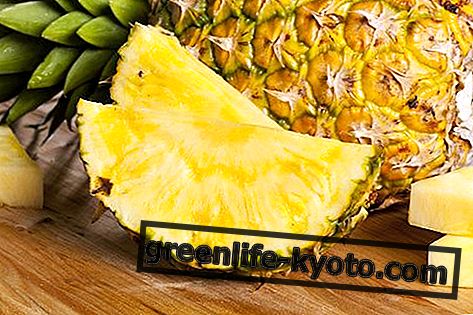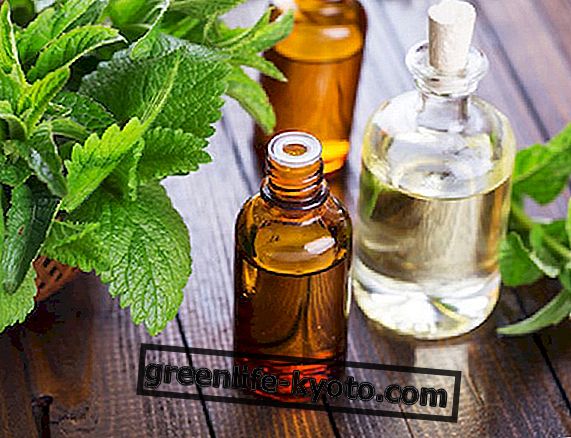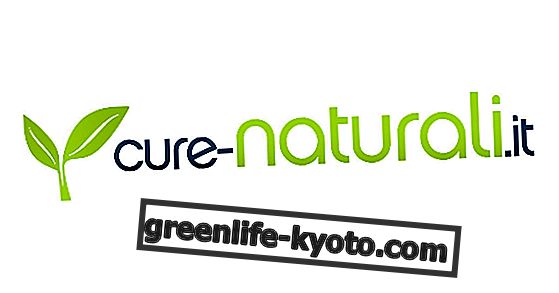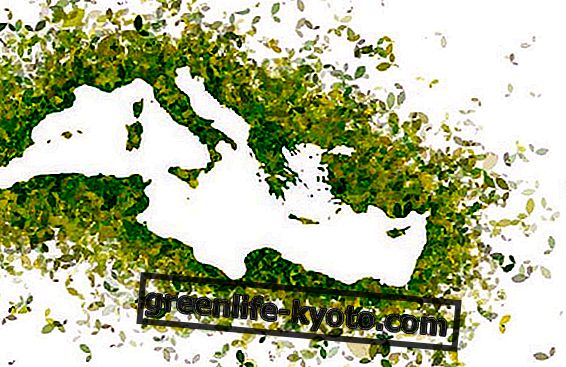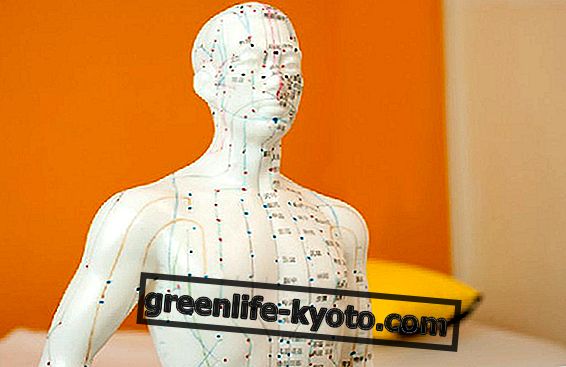Vitamin K deficiency may depend on gastrointestinal dysfunction or drug abuse, and presents with symptoms such as nausea, fatigue, bone fragility and nosebleeds . Let's find out the causes, consequences and foods to supplement it.
>
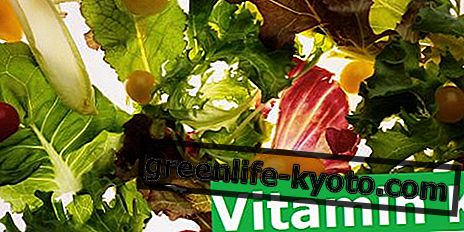
Symptoms of vitamin K deficiency
Vitamin K is an essential factor for humans, as it is responsible for the proper functioning of the proteins contained in the body.
Vitamin K deficiency is very rare, as it is produced by intestinal bacterial flora in healthy subjects. However, in cases where there is a real vitamin K deficiency, the body may react with symptoms such as: nose bleed or excessive bleeding and reduced bone density with consequent risk of fractures and fragility, precisely because of the important role it plays in the production of proteins such as osteocalcin.
Other relatively milder symptoms may be fatigue, restless sleep, nausea, colitis . Newborns are particularly at risk of vitamin K deficiency in the early days of their life and exhibit symptoms such as haemolytic anemia, jaundice, hemorrhagic syndrome.
Discover all the benefits of vitamin K and the foods that contain it
The causes
Vitamin K deficiency in adults is quite rare and usually caused by dysfunctions of the gastrointestinal tract or abuse of medicines, such as antibiotics or anticonvulsants.
Many rat poisons contain compounds that intervene with vitamin K leading to lethal bleeding. Coumarin derivatives such as Warfarin and dicumarol interfere with the recycling of vitamin K.
Vitamin K deficiency can also be traced to reduced bile secretion or liver disease . Even intestinal diseases can affect its bad absorption; in addition to these triggers, there may also be X-ray radiation, aspirin, industrial pollution, sulfonamides, blood thinners or anticoagulants .
Heparin, an antifermentant contained in food, is equally antagonistic to vitamin K. In children, vitamin K deficiency is due to modest transport through the placenta and sterility of the intestine in the first days of life.
How to supplement the vitamin K deficiency with nutrition
Vitamin K can easily be taken through nutrition. Vegetables such as lettuce, broccoli, spinach, cauliflower, cabbage, Brussels sprouts, turnip greens are rich ; fruit, pine nuts, kiwi and dried fruit, milk and dairy products, cereals in general are less rich.
If considered a food, it is also contained in animal liver. The foods that help the intestine in the production of vitamin K are yogurt and kefir, which improve the intestinal bacterial flora.

